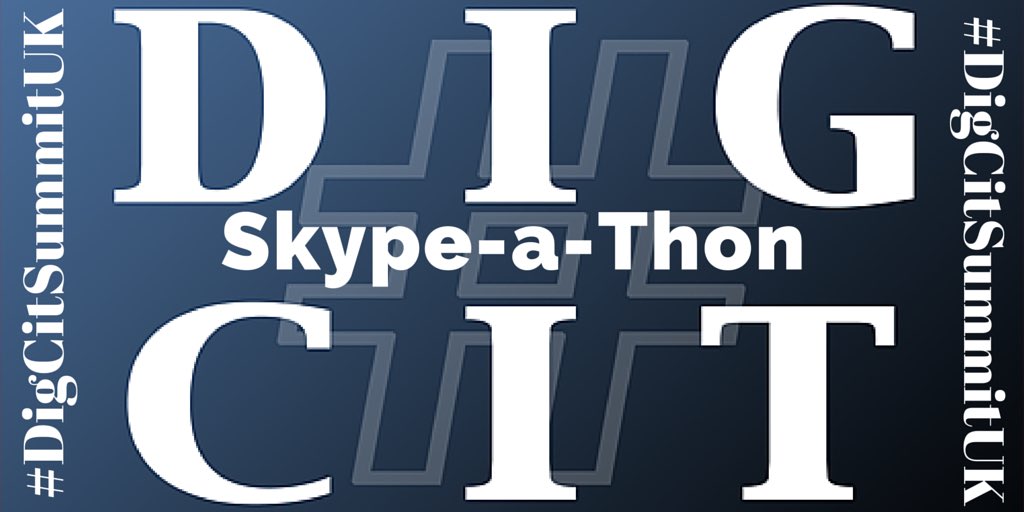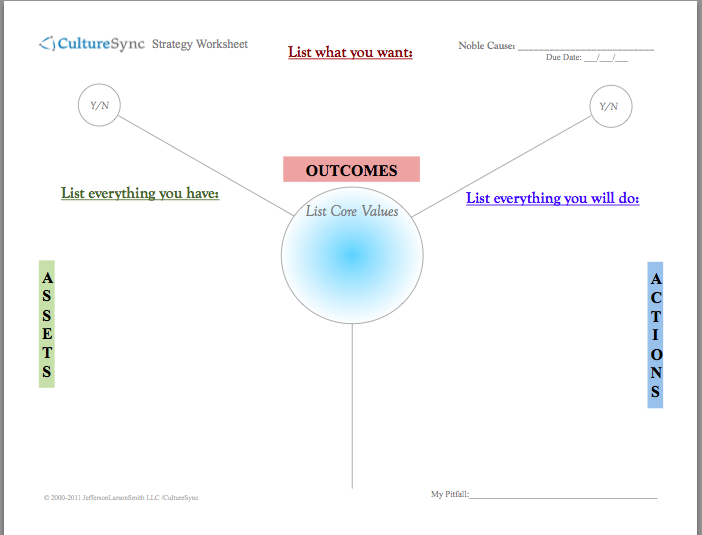We had a few new people coming to pitch in and help out with the UK Digital Citizenship Summit crew yesterday, Carol Varsalona (@cvarsalona) who is an EdChat Moderator for New York EdChat (#NYEDChat) and poet artist extraordinaire and has become a member of the previously non-existant-but-now-established-because-of-this-sentence PR department.
The brief? Put the soul into the event... Some Techno-Soul PR Poetry.
Carol has continually tried to get me to write, draw or take aesthetically pleasing words or pictures... And I continually tell her how bad it would be... and she continually tells me that everyone is an artist.
I'm not sure about that. I've had cause to stop staring at the laptop today and went to the place I go when I want some quiet time: Glasgow's Kelvingrove Park.
As I'm reflecting on a few things and some recent experiences and we have a resident PR poet... I wondered if I could get my first art/poetry lesson and see what she could do with some of my faviourite poems.
All Life is Suffering
Because of a number of factors I've felt that I've had to share some experiences that I'd rather not have. Amongst other things I am concerned that various groups may see and/or deal with me differently. I hope this doesn't happen. In an attempt to realise this here's the
Buddhist parable of the Mustard seed
Suffering: At the Top of the Heap and in the Worst of Circumstances
A lady got in an elevator with Tom Hanks and couldn't believe her luck, but was starstruck and didn't know what to say and said
"You're Tom Hanks... What's life like at the top of the heap?"
His reply was "Lady, no matter where you are in the pile... there's always "stuff"
Regardless of experiences or how good or bad the conditions are we are
"Ultimately self-determining…in the concentration
camps. We watched and witnessed some of our comrades behave like swine while
others behaved like saints. Man has both potentialities within himself; which
one is actualised depends on decisions but not on conditions" (Frankle).
Here are some of the things that have shone brightly for me during the worst of the "stuff" as Tom Hanks would put it:
"... For a joint scientific and geographical piece of organization, give me Scott; for a Winter Journey, Wilson; for a dash to the Pole and nothing else, Amundsen: and if I am in the devil of a hole and want to get out of it, give me Shackleton every time ... "
 |
By Endurance we Conquer
Shackleton Family Motto |
My wife gave me a picture of the Endurance as a Christmas Present and is waiting to be the first act if/when I open my own office. Under the picture will go the comment
"When things get this bad... Then you can Moan!"
(Something that's needed in Scotland as there can be a moaning "A Hole Culture" that wins the day)
“Some people say it is wrong to regard life as
a game; I don't think so, life to me means the greatest of all games. The
danger lies in treating it as a trivial game, a game to be taken lightly, and a
game in which the rules don't matter much. The rules matter a great deal. The
game has to be played fairly, or it is no game at all. And even to win the game
is not the chief end. The chief end is to win it honourably and splendidly. To
this chief end several things are necessary. Loyalty is one. Discipline is
another. Unselfishness is another. Courage is another. Optimism is another. And
chivalry is another.” Earnest Shackleton
As Man Thinketh: Visions and Ideals
"The dreamers are the saviours of the world. As the
visible world is sustained by the invisible, so men, through all their trials
and sins and sordid vocations, are nourished by the beautiful visions of their
solitary dreamers. Humanity cannot forget its dreamers; it cannot let their
ideals fade and die; it lives in them; it knows them as they realities which it
shall one day see and know.... He who cherishes a beautiful vision, a lofty
ideal in his heart, will one day realize it.
Cherish your visions; cherish your ideals; cherish the
music that stirs in your heart, the beauty that forms in your mind, the
loveliness that drapes your purest thoughts, for out of them will grow all
delightful conditions, all, heavenly environment; of these, if you but remain
true to them, your world will at last be built.
Dream lofty dreams, and as you dream, so shall you
become. Your Vision is the promise of what you shall one day be; your Ideal is
the prophecy of what you shall at last unveil.
The greatest achievement was at first and for a time a
dream. The oak sleeps in the acorn; the bird waits in the egg; and in the
highest vision of the soul a waking angel stirs. Dreams are the seedlings of
realities.
Your circumstances may be uncongenial, but they shall not
long remain so if you but perceive an Ideal and strive to reach it. You cannot
travel within and stand still without. Here is a youth hard pressed by poverty
and labour; confined long hours in an unhealthy workshop; unschooled, and lacking
all the arts of refinement. But he dreams of better things; he thinks of
intelligence, of refinement, of grace and beauty. He conceives of, mentally
builds up, an ideal condition of life; the vision of a wider liberty and a
larger scope takes possession of him; unrest urges him to action, and he
utilizes all his spare time and means, small though they are, to the
development of his latent powers and resources.
Very soon so altered has his
mind become that the workshop can no longer hold him. It has become so out of
harmony with his mentality that it falls out of his life as a garment is cast
aside, and, with the growth of opportunities, which fit the scope of his
expanding powers, he passes out of it forever.
Years later we see this youth as
a full-grown man. We find him a master of certain forces of the mind, which he
wields with worldwide influence and almost unequalled power. In his hands he
holds the cords of gigantic responsibilities; he speaks, and lo, lives are
changed; men and women hang upon his words and remould their characters, and,
sunlike, he becomes the fixed and luminous centre round which innumerable
destinies revolve. He has realized the Vision of his youth. He has become one
with his Ideal.
The thoughtless, the ignorant, and the indolent, seeing
only the apparent effects of things and not the things themselves, talk of
luck, of fortune, and chance. Seeing a man grow rich, they say, "How lucky
he is!" Observing another become intellectual, they exclaim, "How
highly favoured he is!" And noting the saintly character and wide
influence of another, they remark, "How chance aids him at every
turn!" They do not see the trials and failures and struggles which these
men have voluntarily encountered in order to gain their experience; have no
knowledge of the sacrifices they have made, of the undaunted efforts they have
put forth, of the faith they have exercised, that they might overcome the
apparently insurmountable, and realize the Vision of their heart. They do not
know the darkness and the heartaches; they only see the light and joy, and call
it "luck". They do not see the long and arduous journey, but only behold
the pleasant goal, and call it "good fortune," do not understand the
process, but only perceive the result, and call it chance.
In all human affairs there are efforts, and there are
results, and the strength of the effort is the measure of the result. Chance is
not. Gifts, powers, material, intellectual, and spiritual possessions are the
fruits of effort; they are thoughts completed, objects accomplished, visions
realized."

















